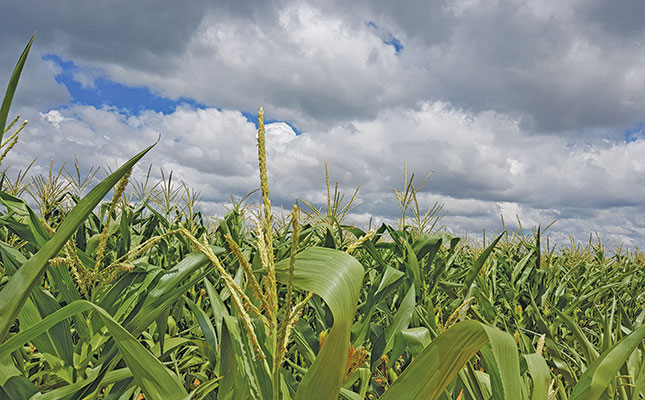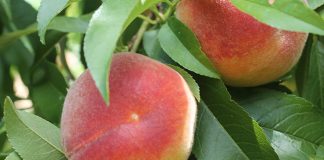
Photo: FW Archive
Amid the COVID-19 crisis, South Africa’s agriculture sector has emerged as the shining light of the economy, growing 27,8% in the first quarter of 2020.
However, the Bureau for Food and Agricultural Policy (BFAP) cautioned that the outlook for the sector remained under pressure.
BFAP recently presented its South African Baseline Agricultural Outlook for the period 2020 to 2029, which provided a comprehensive summary of the agriculture sector and its projected growth.
Speaking at the report’s first virtual launch, Dr Tracy Davids, manager of commodity markets and foresight at BFAP, said the sector was projected to grow 13% this year.
This growth was underpinned by a bumper maize crop, surging export prices for major fruit categories, and strong overall sales of agricultural produce in the first four months of the COVID-19 pandemic.
However, Davids said that while the weaker exchange rate combined with above-average harvest prospects supported the rebound in performance in 2020, the outlook beyond that remained under pressure, with projected average annual growth of just 0,7% from 2021 onwards.
She explained that structural challenges, such as infrastructure maintenance, reliable electricity supply, and the capacity of critical public services and municipalities had been exacerbated by the pandemic.
Therefore, low economic growth over the next few years did not provide the demand base that would be conducive to rapid expansion of the sector.
“In fact, sustained growth is only expected to return [during] the second half of the outlook period.”
Davids pointed out that in order for the sector to achieve this growth scenario, the animal health situation in South Africa would have to be addressed.
“If we can improve the general health status of South Africa’s [livestock] herd, it will enable us to grow faster to export more products onto the global market.”
From a horticultural perspective, Davids said South Africa had “good volumes” coming into production, but adequate market access for this produce would be very important.
“We also have to make sure that we have the infrastructure to support these volumes.
“In terms of field crops, a sector where revenue is coming under increasing pressure, it all becomes about productivity gains. The sector will need to look at sustainable rotation systems and diversification,” advised Davids.










